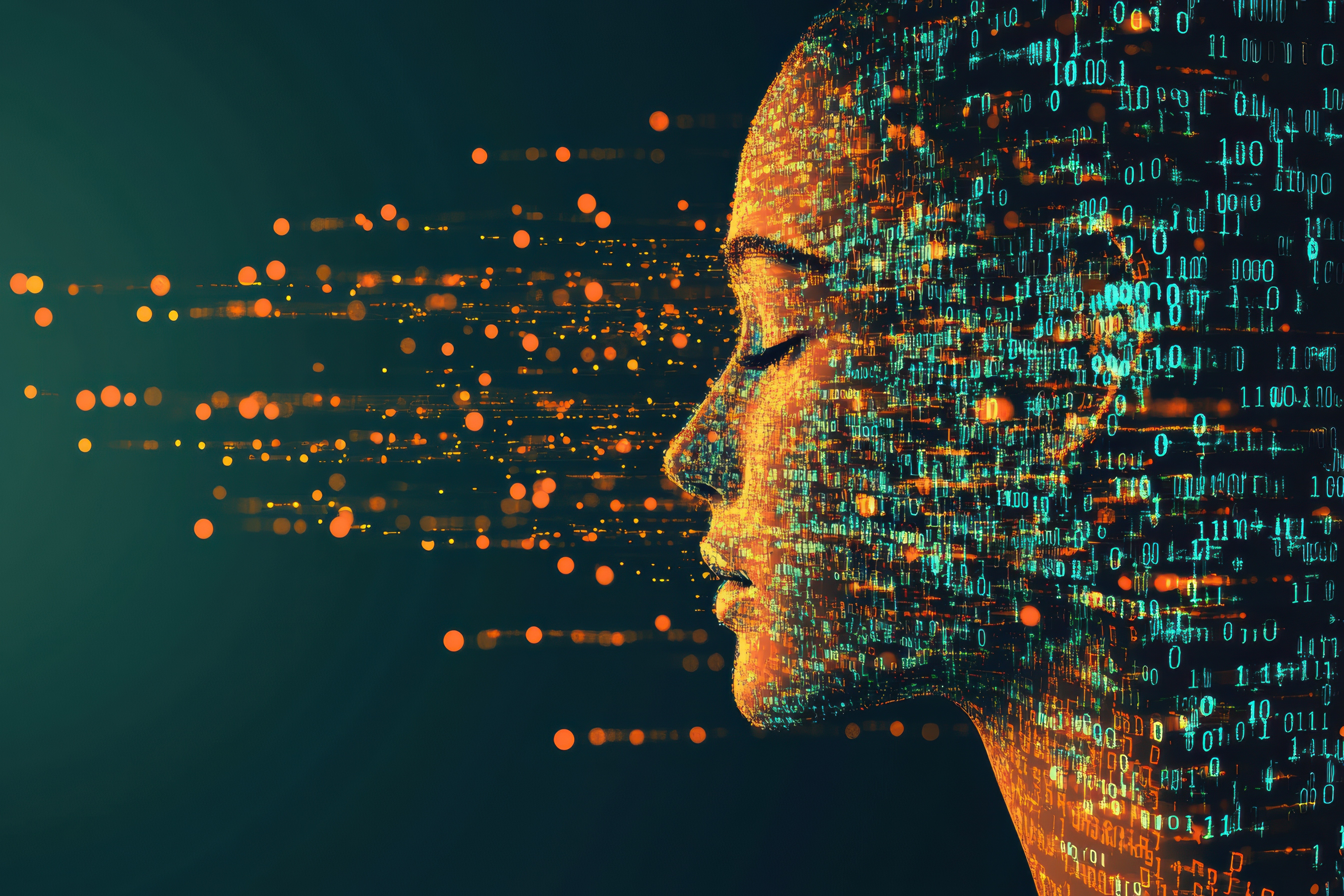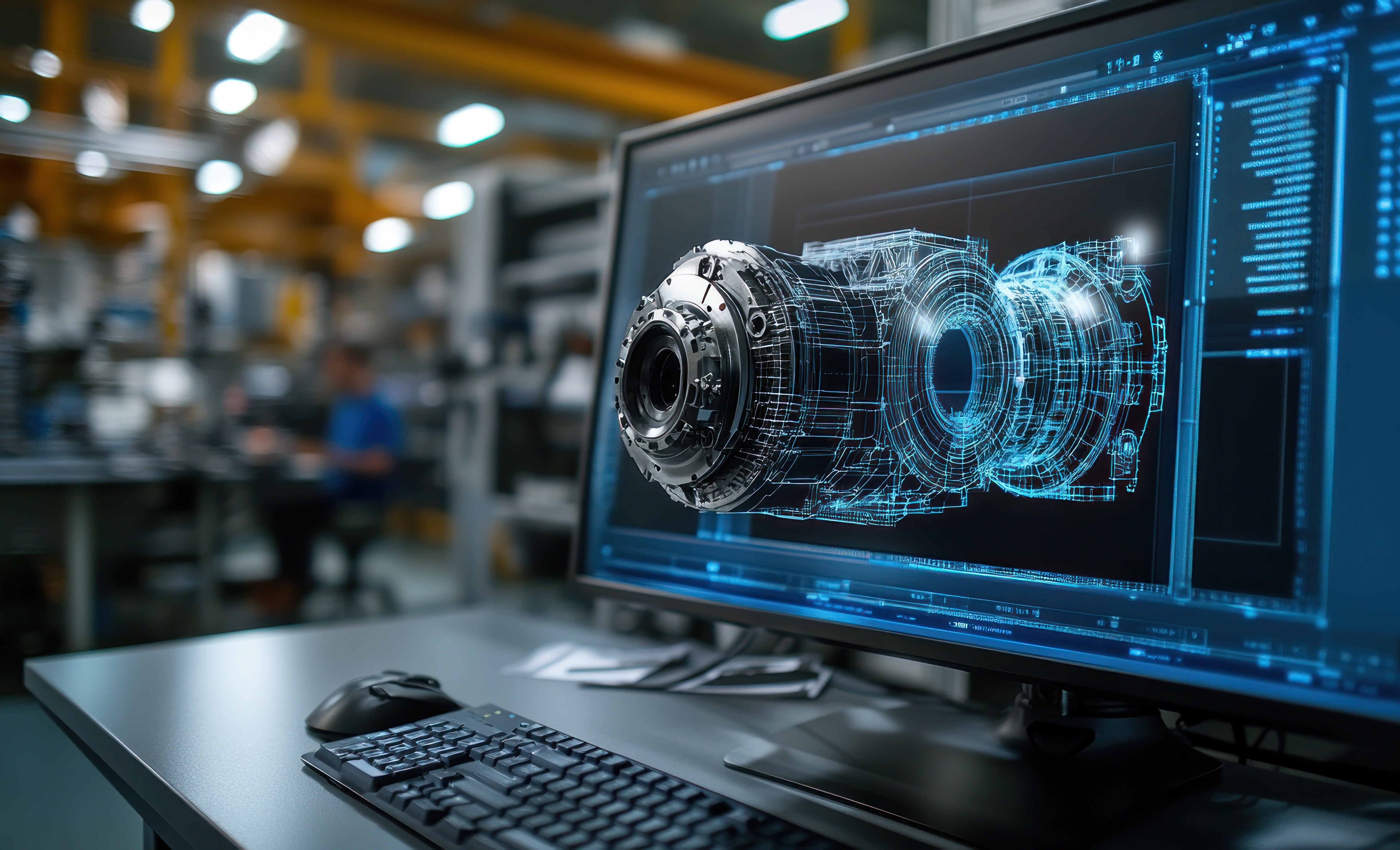In 2024, Artificial Intelligence (AI) is everywhere: from apps on our phones to systems driving cars, from movie recommendations on Netflix to chatbots answering our questions. But what exactly lies behind terms like AI, ML, GEN AI, LLM, and RAG? If you're curious or want to better understand these acronyms, you're in the right place. In this blog, we'll provide clarity with concrete examples and simple explanations.
Decoding AI: The Key Technologies
In the world of Artificial Intelligence, there are several acronyms that frequently appear. Let's clarify what they mean and how they impact our digital everyday life:
(AI) Artificial Intelligence
AI is the branch of computer science that aims to simulate human intelligence. It encompasses activities such as reasoning, learning, problem-solving, and creativity. Think of AI as an artificial brain capable of "thinking" and acting autonomously.
(ML) Machine Learning
Machine Learning is a subset of AI that enables systems to learn from data, identify patterns, and make decisions without the need for detailed programming. In practice, instead of telling the computer what to do, we provide it with data, and it learns on its own!
Generative AI (Gen AI)
Generative AI is the branch of AI that creates new content—texts, images, music, and even code. It doesn’t just answer questions, but produces original content from existing information.
(LLM) Large Language Models
LLMs are advanced AI models trained on massive amounts of text. They are capable of generating content, translating languages, and providing informative responses. Imagine an infinite library that can answer any question in real time.
(RAG) Retrieval-Augmented Generation
RAG is a technique that combines the power of LLMs with the ability to retrieve information from a knowledge base. It's like having a constantly updated library, ready to provide accurate and precise information to create more comprehensive responses.
AI Fundamentals: Grounding, Training, and Prompts
To truly understand how AI works, it’s useful to know a few key principles that drive its functioning:
Grounding
Grounding is the process that allows AI to respond based on concrete facts, avoiding vague or abstract answers. Imagine AI as an expert who never digresses and always provides concrete responses.
Training
Just as an athlete trains to improve, an AI model also "trains" by using vast amounts of data. During training, AI is corrected through feedback, refining its capabilities to become more accurate and reliable.
Prompt
The prompt is the input you provide to AI to obtain a response. It’s like asking a question or giving instructions to AI, which then responds based on what was requested.
AI in Action: key sectors of innovation
AI is not only transforming technology but is also revolutionizing entire sectors. Here are some high-potential areas we are focusing on:
Customer Service
- Chatbots: They respond to questions and solve problems in real time, such as those used in banking to answer account-related queries.
- Virtual Assistants: They provide personalized advice and support users in various contexts, such as virtual assistants on e-commerce sites suggesting the most suitable products.
Boosting Productivity
- Internal Assistants: Virtual assistants are improving employee efficiency by helping them find information quickly and automating repetitive processes within companies.
Creativity and Content
- Data Analysis: Recommendation systems, such as those used by Netflix, suggest films and series based on user preferences, optimizing the experience.
- Forecasting Systems: These tools analyze historical data to predict future trends and optimize business strategies, such as sales forecasting systems or market analysis.
Software Development
- Programming Assistants: Tools like GitHub CoPilot assist developers in writing code and correcting errors, making work more efficient.
Conclusion: AI is changing the way we live and work
We are living in an extraordinary era where Artificial Intelligence is set to rewrite the rules in many sectors. From improvements in customer service to higher business productivity, content creation, and advanced data analysis, the applications of AI are virtually endless.
At Syscons, we continuously monitor these innovations to make the best use of these technologies’ potential. AI is no longer a technology of the future; it is a concrete reality that is improving every aspect of our lives and work. Stay updated on upcoming developments to not miss the latest news!
But now, I ask you: do you think this blog was written by a human or by an Artificial Intelligence? 😊

Syscons Team
We are a team of experts dedicated to crafting tailored digital projects that blend innovation with operational efficiency. Through an end-to-end approach and cutting-edge technologies, we guide our clients toward the Composable Enterprise model, enabling them to navigate the challenges of an ever-evolving market with agility. Our mission? To make you future-proof.
SYSCONS BLOG
Il blog di Syscons è una finestra su news, eventi, casi studio e best practice sulle soluzioni che possono supportare il business, aiutando a superare le sfide tecnologiche più importanti.
Iscriviti per non perdere alcun aggiornamento!



